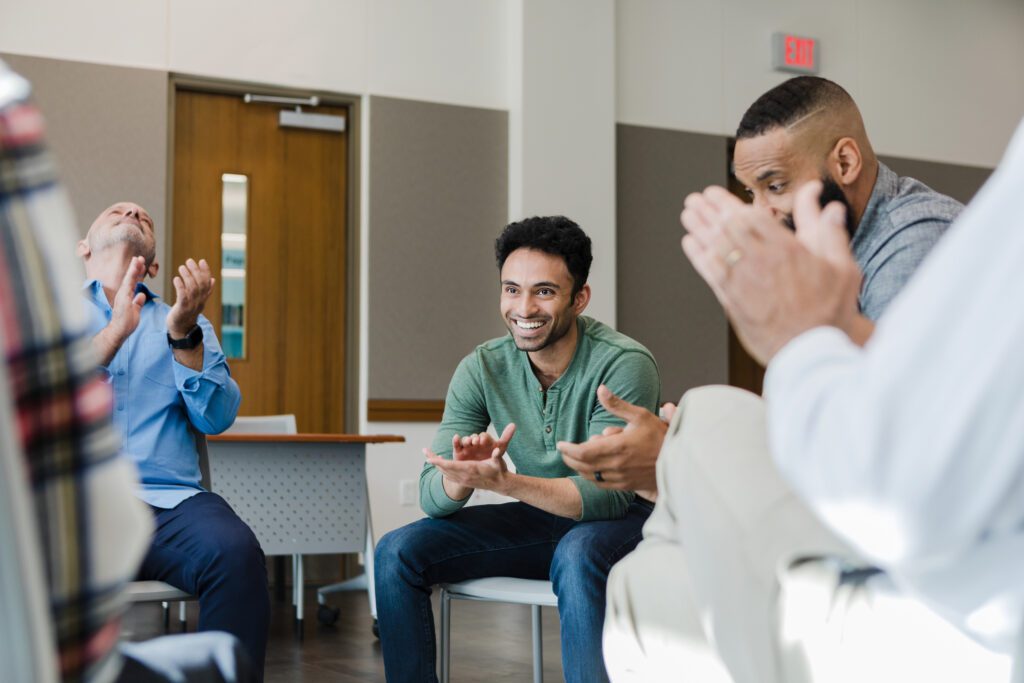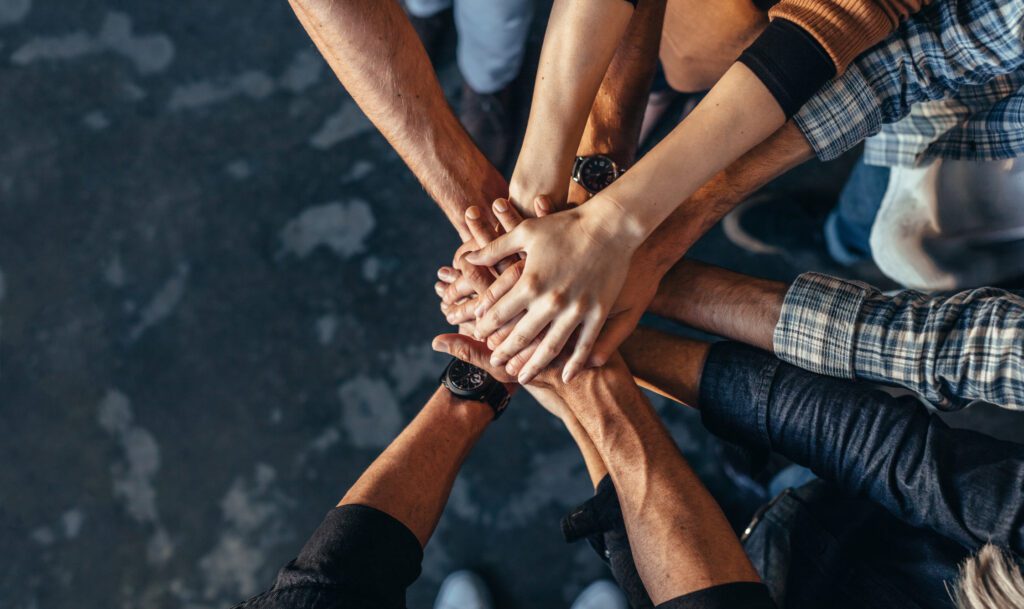What Is Aftercare?
Aftercare treatment for addiction is a critical aspect of substance use treatment. Aftercare examples often include various services and interventions to help maintain sobriety.
These programs are often provided to people who have completed an initial treatment program.
- Maintain the progress and skills they’ve made during their primary treatment phase
- Prevent relapse
- Further their recovery journey

What Are Aftercare Examples?
Sober Living Houses
Sober living homes provide a drug- or alcohol-free environment for people while they transition back into society.
Counseling and Therapy
Continuing with counseling and therapy after treatment is another example of aftercare. This can include individual, group, and family therapy.
- Developing coping skills
- Dealing with trauma or underlying psychological issues
- Addressing any family dynamics that may contribute to addiction
12-Step Programs and Support Groups
Groups like Alcoholics Anonymous (AA) or Narcotics Anonymous (NA) are effective aftercare examples. These groups are where individuals can find support from others who are also in recovery.
Follow-Up Meetings and Check-Ins
Educational and Vocational Training
- Build new skills
- Find employment
- Create a meaningful, drug-free life
Holistic Therapies
- Yoga
- Meditation
- Acupuncture
- Mindfulness
Medication Management
Managing medication after treatment is important. It can help manage cravings or co-occurring mental health conditions. Regular follow-ups provide opportunities to adjust these medications.
Best Practices For Effective Aftercare: aftercare examples
Long-Term Engagement
Evidence suggests that longer engagement in aftercare provides better outcomes.
Aftercare is not a short-term follow-up, but rather a long-term commitment. This commitment to aftercare might last for several months or even years.
Individualized Treatment Plans
- Your addiction history
- Co-occurring mental health conditions
- Social environment
- Personal preferences
Peer Support and 12-Step Programs
Participation in peer support groups is beneficial in maintaining sobriety. These programs can provide:
- A sense of community
- Mutual support
- Shared experiences that can be helpful for your recovery
Family and Social Support
- Stay motivated
- Feel understood and cared for
- Better navigate social situations that might otherwise lead to relapse
Regular Check-Ins
- Checking for drug use
- Checking on mental health
- Or any other factors that might impact recovery
Continuing Mental Health Support
Skills Training and Education
- Job training
- Education
- Other forms of personal development
Healthy Lifestyle Promotion
- Regular exercise
- A healthy diet
- Good sleep habits
Relapse Prevention
- Identify and manage risk factors
- Cope with cravings
- Learn how to work through relapses if they occur
Aftercare Examples for Different Population Needs
Age
- A strong family involvement component
- Peer group therapy
- Help with educational or vocational development
Aftercare Specific to Older Individuals
- Chronic pain
- Isolation
- Age-related health problems
Gender
On the other hand, women with children might benefit from programs that provide childcare. Also, many women may have experienced trauma. Programs that incorporate trauma-informed care are beneficial.
Culture and Ethnicity
- Incorporating cultural beliefs and practices
- Addressing language barriers
- Dealing with specific issues, such as discrimination or acculturation stress
Sexual Orientation
- LGBTQ+ supportive therapy groups
- Help with gender transition-related issues
- Help dealing with HIV/AIDS or other health issues
Co-Occurring Disorders
- Medication management
- Psychotherapy
- Specialized group therapy
Socioeconomic Status
- Lack of transportation
- Unstable housing
- Lack of healthcare access
Criminal Justice Involvement
- Legal issues
- Employment
- Housing
- Court-ordered programs
Veterans
- PTSD
- Physical disabilities
- Readjustment to civilian life
The Role of Family and Community in Aftercare
How Can Family Therapy Help With Aftercare?
- The nature of addiction
- How they can support their loved one in recovery
- How to manage their own feelings and experiences
How Does Community Benefit Aftercare Examples?
- Finding appropriate healthcare services
- Securing stable housing
- Navigating the job market
Examples of Community-Based Aftercare Programs
- 12-step groups
- Local support groups
- Recreational and volunteer activities
While family and community support can be beneficial, they can also sometimes contribute to stress or conflict.
This is why family therapy and education about addiction is often an important component of aftercare. This environment should foster recovery while also addressing any potential challenges.
What Are Common Types of Therapy Used in Aftercare Examples?
Cognitive Behavioral Therapy (CBT)
CBT is a widely employed therapy that focuses on identifying and challenging negative thought patterns and behaviors.
It helps individuals develop coping strategies, problem-solving skills, and a more positive outlook, which can be beneficial in maintaining recovery.
Group Therapy
It provides a supportive environment where participants can share their experiences, learn from one another, and build a sense of community during their recovery journey.
Motivational Interviewing (MI)
Mindfulness-Based Therapies
Dialectical Behavior Therapy (DBT)
DBT is a specialized therapy often used for individuals with co-occurring mental health disorders and addiction. It focuses on teaching skills to regulate emotions, tolerate distress, and improve interpersonal effectiveness.
Contingency Management

How CampDavid Can Support Your Aftercare Plan
What Do We Offer?
At CampDavid, we also provide ongoing therapy and support, as well as alumni groups. Our alumni groups help you stay connected to support while maintaining your recovery. We provide you with the necessary emotional and psychological support to deal with life’s challenges.
Get in Touch Today
CampDavid’s aftercare examples illustrate the individualized and supportive approach that is essential for long-term recovery. Find aftercare support today by contacting us.
We will work with you every step of the way to foster healthy and long-term healing.
